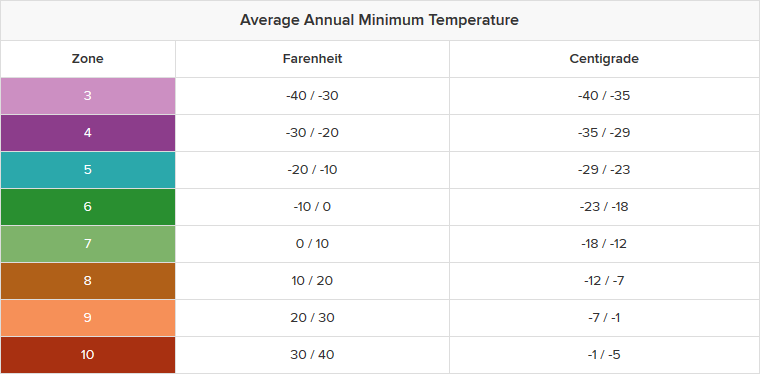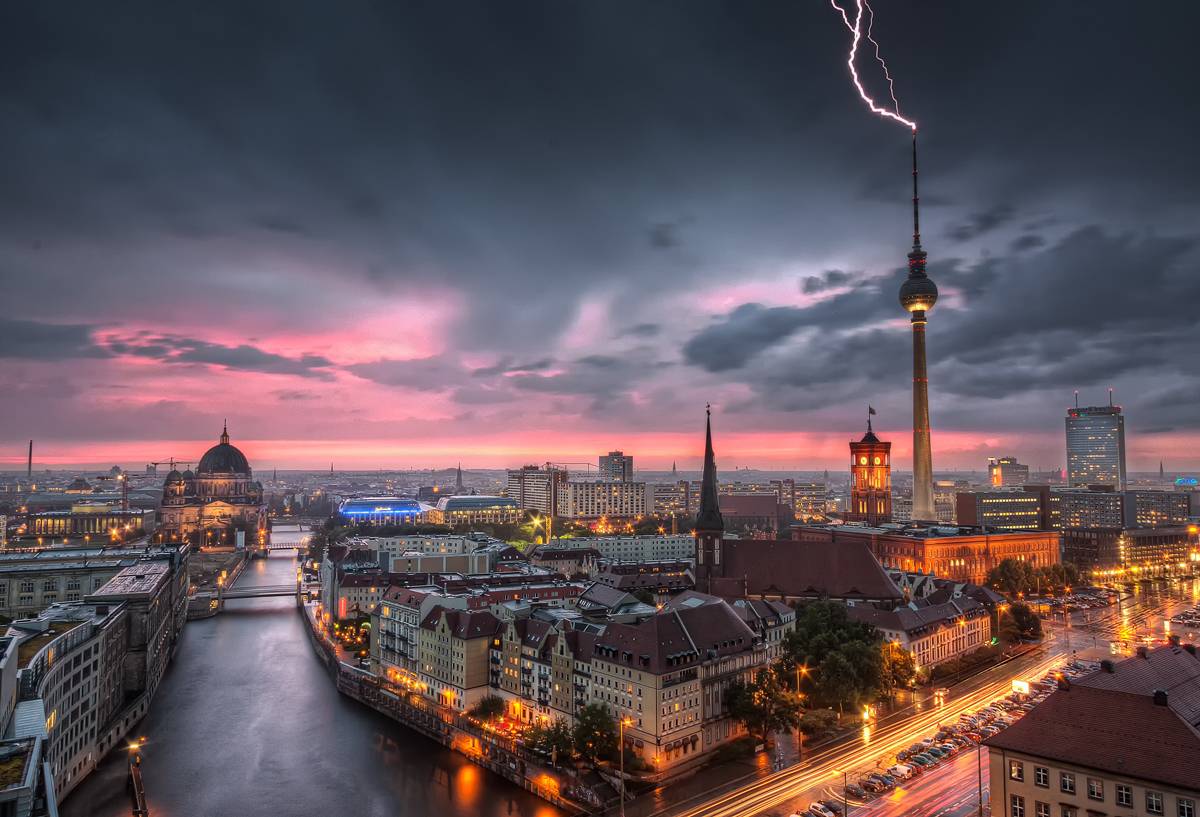It appears that you're running an Ad-Blocker. This site is monetized by Advertising and by User Donations; we ask that if you find this site helpful that you whitelist us in your Ad-Blocker, or make a Donation to help aid in operating costs.
▼ Sponsored Links ▼
▲ Sponsored Links ▲
▲ Sponsored Links ▲
Region Information Data for Germany (DE)
Germany (German: Deutschland), officially the Federal Republic of Germany (German: Bundesrepublik Deutschland), is a country in Central and Western Europe, lying between the Baltic and North Seas to the north, and the Alps to the south. It borders Denmark to the north, Poland and the Czech Republic to the east, Austria and Switzerland to the south, France to the southwest, and Luxembourg, Belgium and the Netherlands to the west.
Germany includes 16 constituent states, covers an area of 357,386 square kilometers (137,988 sq mi), and has a largely temperate seasonal climate. With 83 million inhabitants, it is the second most populous state of Europe after Russia, the most populous state lying entirely in Europe, as well as the most populous member state of the European Union. Germany is a very decentralized country. Its capital and largest metropolis is Berlin, while Frankfurt serves as its financial capital and has the country's busiest airport. Germany's largest urban area is the Ruhr, with its main centers of Dortmund and Essen. The country's other major cities are Hamburg, Munich, Cologne, Stuttgart, Düsseldorf, Leipzig, Dresden, Bremen, Hannover, and Nuremberg.
Various Germanic tribes have inhabited the northern parts of modern Germany since classical antiquity. A region named Germania was documented before 100 AD. During the Migration Period, the Germanic tribes expanded southward. Beginning in the 10th century, German territories formed a central part of the Holy Roman Empire. During the 16th century, northern German regions became the center of the Protestant Reformation. After the collapse of the Holy Roman Empire, the German Confederation was formed in 1815. The German revolutions of 1848-49 resulted in the Frankfurt Parliament establishing major democratic rights. Posted on March 31st, 2019 · Updated on July 14th, 2020
Germany includes 16 constituent states, covers an area of 357,386 square kilometers (137,988 sq mi), and has a largely temperate seasonal climate. With 83 million inhabitants, it is the second most populous state of Europe after Russia, the most populous state lying entirely in Europe, as well as the most populous member state of the European Union. Germany is a very decentralized country. Its capital and largest metropolis is Berlin, while Frankfurt serves as its financial capital and has the country's busiest airport. Germany's largest urban area is the Ruhr, with its main centers of Dortmund and Essen. The country's other major cities are Hamburg, Munich, Cologne, Stuttgart, Düsseldorf, Leipzig, Dresden, Bremen, Hannover, and Nuremberg.
Various Germanic tribes have inhabited the northern parts of modern Germany since classical antiquity. A region named Germania was documented before 100 AD. During the Migration Period, the Germanic tribes expanded southward. Beginning in the 10th century, German territories formed a central part of the Holy Roman Empire. During the 16th century, northern German regions became the center of the Protestant Reformation. After the collapse of the Holy Roman Empire, the German Confederation was formed in 1815. The German revolutions of 1848-49 resulted in the Frankfurt Parliament establishing major democratic rights. Posted on March 31st, 2019 · Updated on July 14th, 2020
▼ Sponsored Links ▼
▲ Sponsored Links ▲
▲ Sponsored Links ▲
Comments
(Related Products
▼ Sponsored Links ▼
▲ Sponsored Links ▲
▲ Sponsored Links ▲




